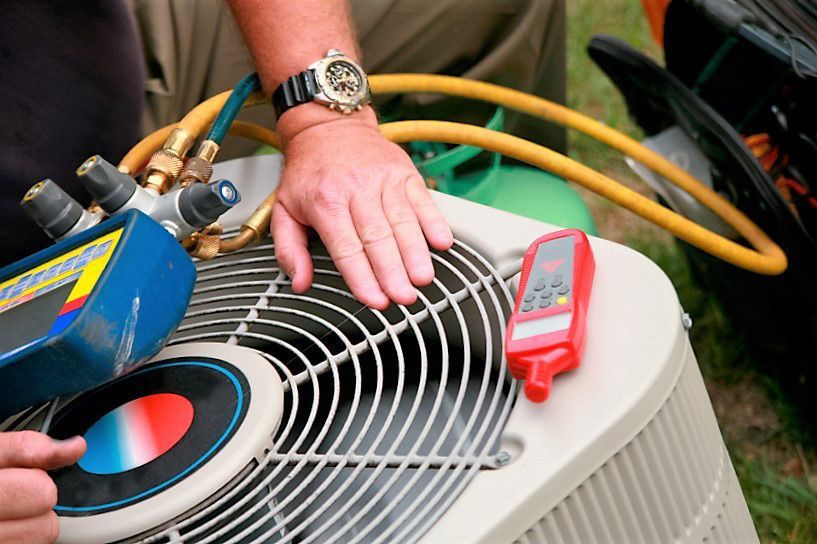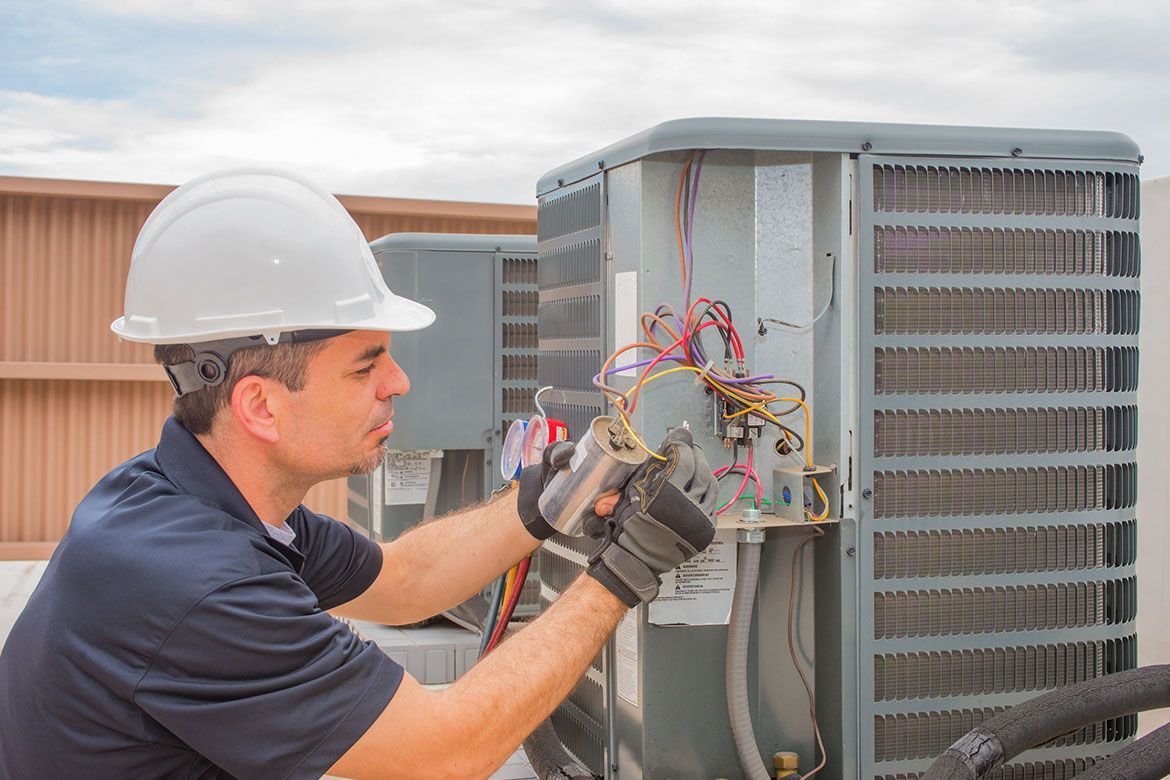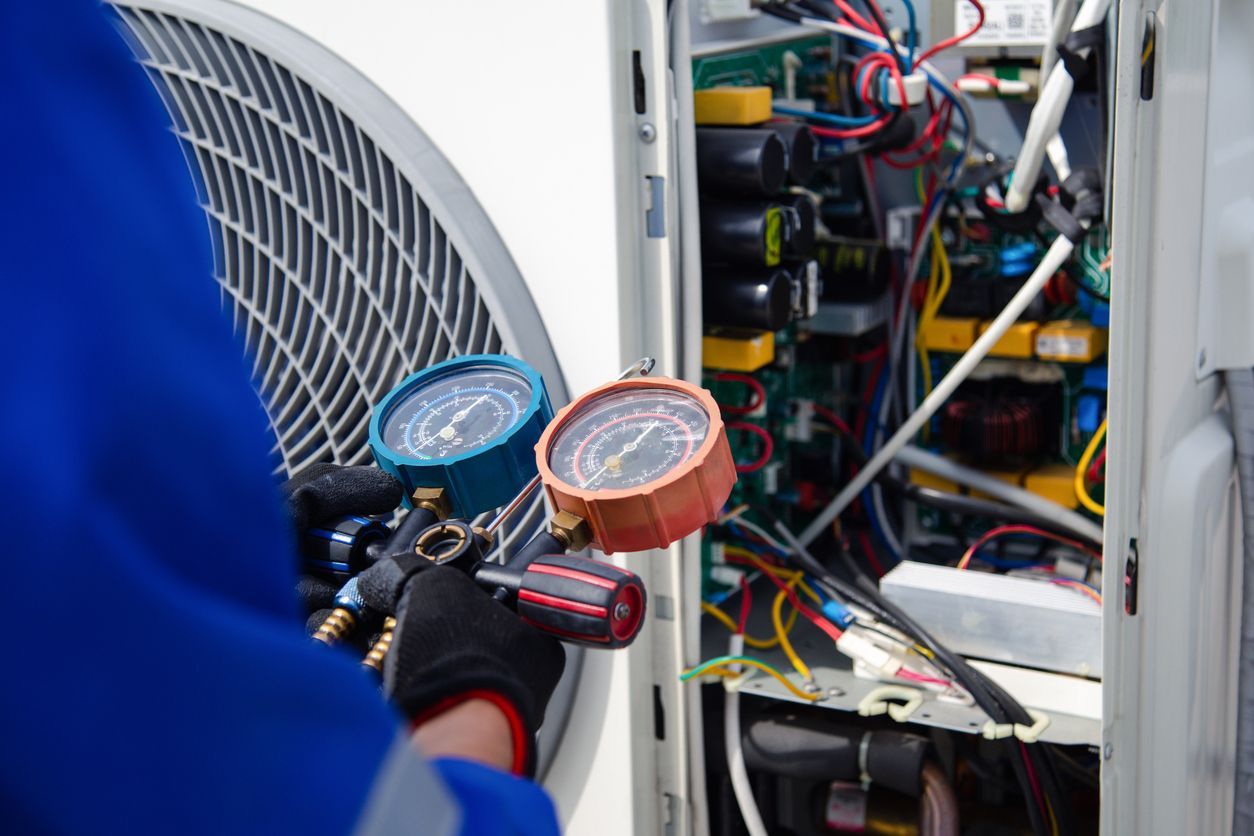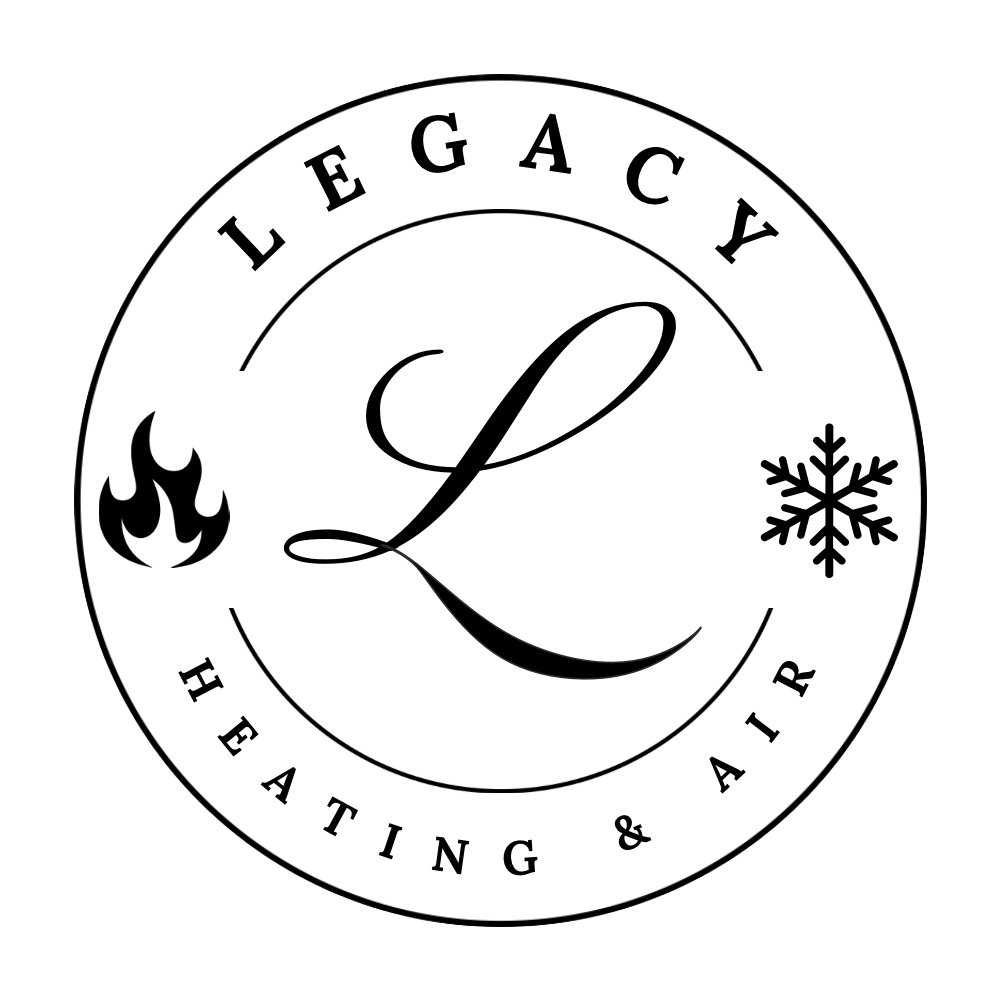How Seasonal HVAC Tune-Ups Save You Money
TLDR;
Seasonal HVAC tune-ups save you money by boosting system efficiency, lowering energy bills, avoiding costly breakdowns, and extending the life of your equipment. A small investment in maintenance today prevents big expenses tomorrow.
What Are Seasonal HVAC Tune-Ups?
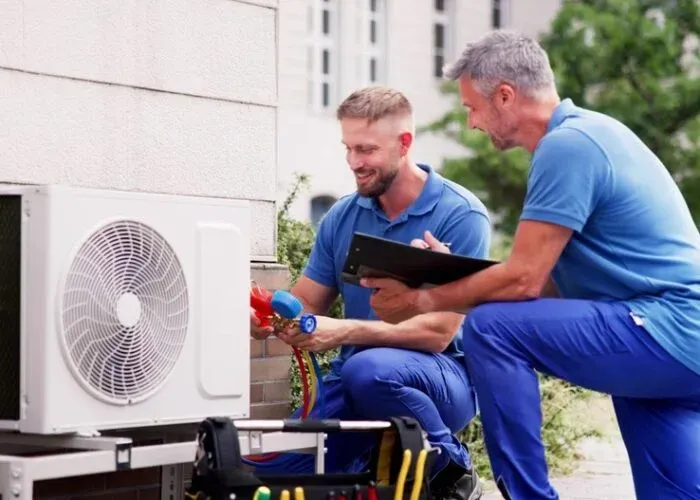
Seasonal HVAC tune-ups are preventive maintenance services performed before peak heating or cooling seasons to ensure your system runs at optimal efficiency.
A professional HVAC Maintenance Visit typically includes:
- Spring (Cooling) Tune-Up: Focused on your AC system before summer
- Fall (Heating) Tune-Up: Focused on your furnace or heat pump before winter
What Technicians Inspect:
- Air filters
- Evaporator and condenser coils
- Refrigerant levels and leaks
- Blower components and belts
- Thermostat calibration
- Electrical connections and voltage
- Drain lines and pans
- Safety controls
Difference Between Spring and Fall Tune-Ups:
- Spring: Clean condenser coils, check refrigerant levels, inspect compressor and fan motor
- Fall: Inspect heat exchanger, test ignition, clean burners, evaluate carbon monoxide levels
Why It Matters: Regular HVAC system tune-ups prevent sudden breakdowns, optimize performance, and ensure your system runs safely and efficiently. These visits typically follow the
HVAC 4 Phases of Planned Maintenance—inspection, cleaning, testing, and repairs—to keep your system running at peak performance.
HVAC Energy Efficiency Savings: How Maintenance Cuts Energy Costs
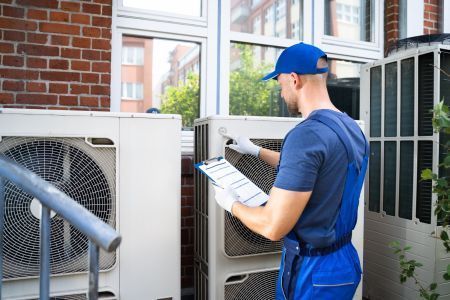
Routine HVAC maintenance directly translates into real, measurable savings on your energy bills.
How Much Can You Save?
- The U.S. Department of Energy reports that HVAC systems lose up to
5% efficiency each year without regular maintenance.
- Tune-ups can restore system efficiency by
15% or more
- This means potential annual savings of
$150 to $300+ depending on system size and usage—savings that multiply in large-scale
Commercial AC Solutions where energy demand is higher.
Example: Before vs After Maintenance
A customer of Legacy Heating & Air saw their summer cooling bill drop from $320/month to $250/month after a full seasonal AC tune-up. Dust-clogged coils and low refrigerant were forcing the unit to work harder than necessary.
Why It Happens:
- Clogged filters block airflow
- Dirty coils reduce heat transfer
- Low refrigerant forces longer cooling cycles
- Faulty thermostats trigger inconsistent temperature control
Financial Risk of Skipping Tune-Ups:
- Minor issues snowball into major repairs
- A neglected capacitor issue ($150 repair) can lead to compressor failure ($1,800+ replacement)
- Skipping maintenance voids many manufacturer warranties
Bottom Line: Lowering utility bills with regular HVAC care is one of the smartest homeownership strategies.
HVAC System Life Extension: How Tune-Ups Prolong Equipment Lifespan
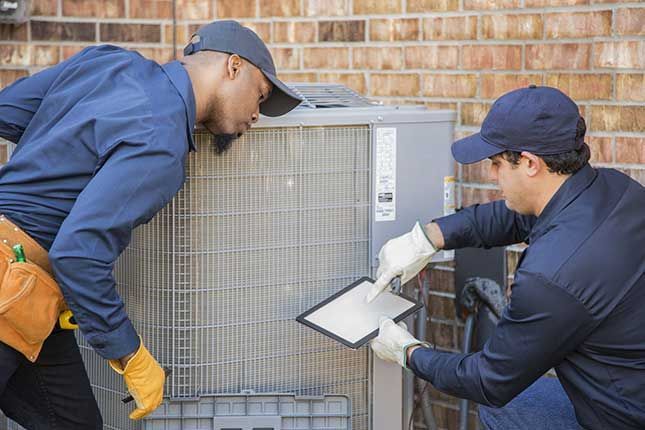
Regular maintenance isn’t just about preventing problems now—it’s about keeping your system working for years longer.
Average Lifespan:
- With maintenance:
15–20 years
- Without maintenance:
10–12 years
Cost Comparison:
- New HVAC system:
$7,000 to $15,000+
- Annual tune-up plan:
$150–$400/year
What Causes Premature System Failure:
- Dirt and dust buildup: Forces motors and fans to work harder
- Leaks: Lead to low refrigerant and system strain
- Worn parts: Eventually cause system failure if undetected
Preventing Breakdowns with Routine Service:
- Keeps moving parts lubricated
- Detects small issues early
- Reduces wear-and-tear from improper operation
Takeaway: Preventive HVAC maintenance is a cost-effective way to get the most out of your investment.
How HVAC Maintenance Improves Indoor Air Quality and Comfort
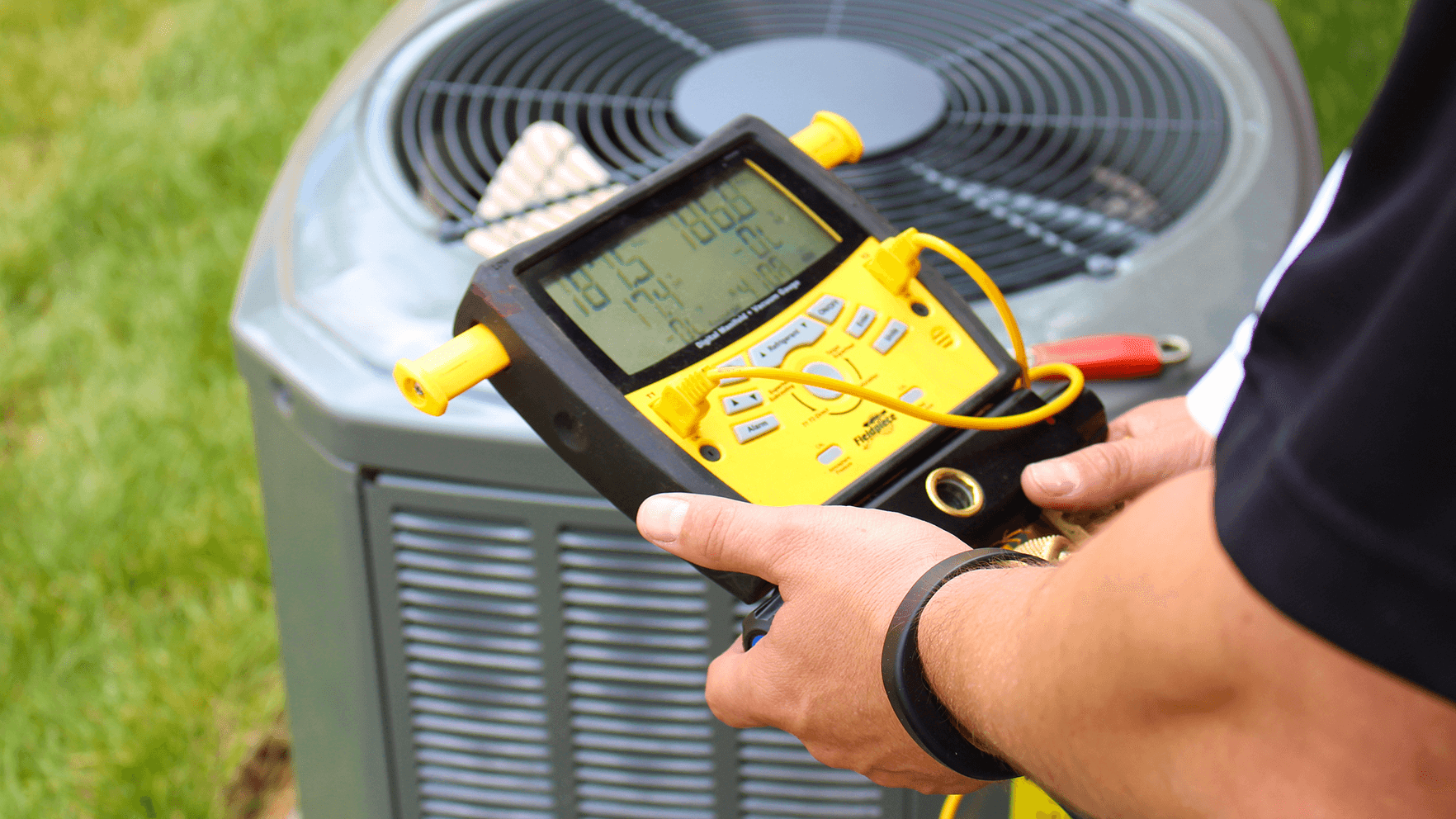
Clean HVAC systems do more than regulate temperature—they directly affect the air you breathe and the comfort of your home or office.
Benefits of Cleaner Air:
- Fewer allergens, mold spores, dust mites
- Better airflow = consistent comfort
- Less chance of odors or stale air
Why Filters Matter:
- Replace filters every
1–3 months
- Dirty filters block airflow and circulate pollutants
- High-efficiency filters trap smaller particles for cleaner air
Comfort Improvements:
- Even room-to-room temperatures
- Proper humidity control
- Elimination of hot/cold spots
Health Benefits:
- Reduced allergy and asthma symptoms
- Lower risk of airborne illnesses
- No mold buildup from clogged drain pans
Conclusion: Seasonal HVAC maintenance supports cleaner, healthier, and more comfortable indoor environments.
HVAC Safety Checks: Preventing Hidden Hazards
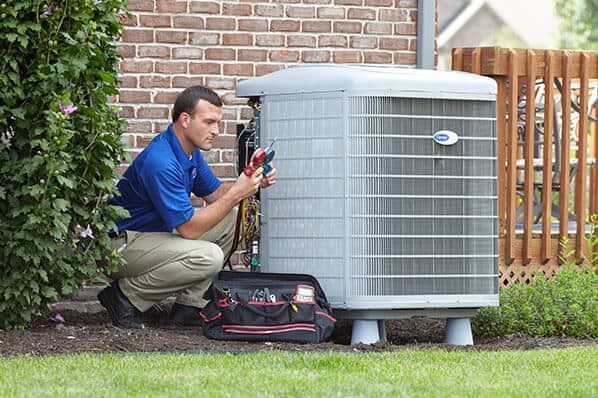
Tune-ups aren’t just about saving money—they can literally save lives.
Common HVAC Safety Risks:
- Fire hazards: Dust buildup, frayed wires, overheating parts
- Carbon monoxide leaks: From cracked heat exchangers or poor combustion
- Gas leaks: From loose fittings or faulty valves
Why Regular Safety Inspections Matter:
- Catch dangerous issues before they become emergencies
- Ensure ventilation systems are working properly
- Protect families from unseen threats
Emergency Repair Stats:
- 75% of HVAC emergencies are caused by preventable issues
- Most emergency service calls cost
3–5x more than regular tune-ups
Protect Your Home: Heating system inspections and AC safety checks should be part of every seasonal maintenance routine, especially in
Commercial Heating Solutions where system failures can cause significant disruptions.
Environmental Benefits of Regular HVAC Tune-Ups
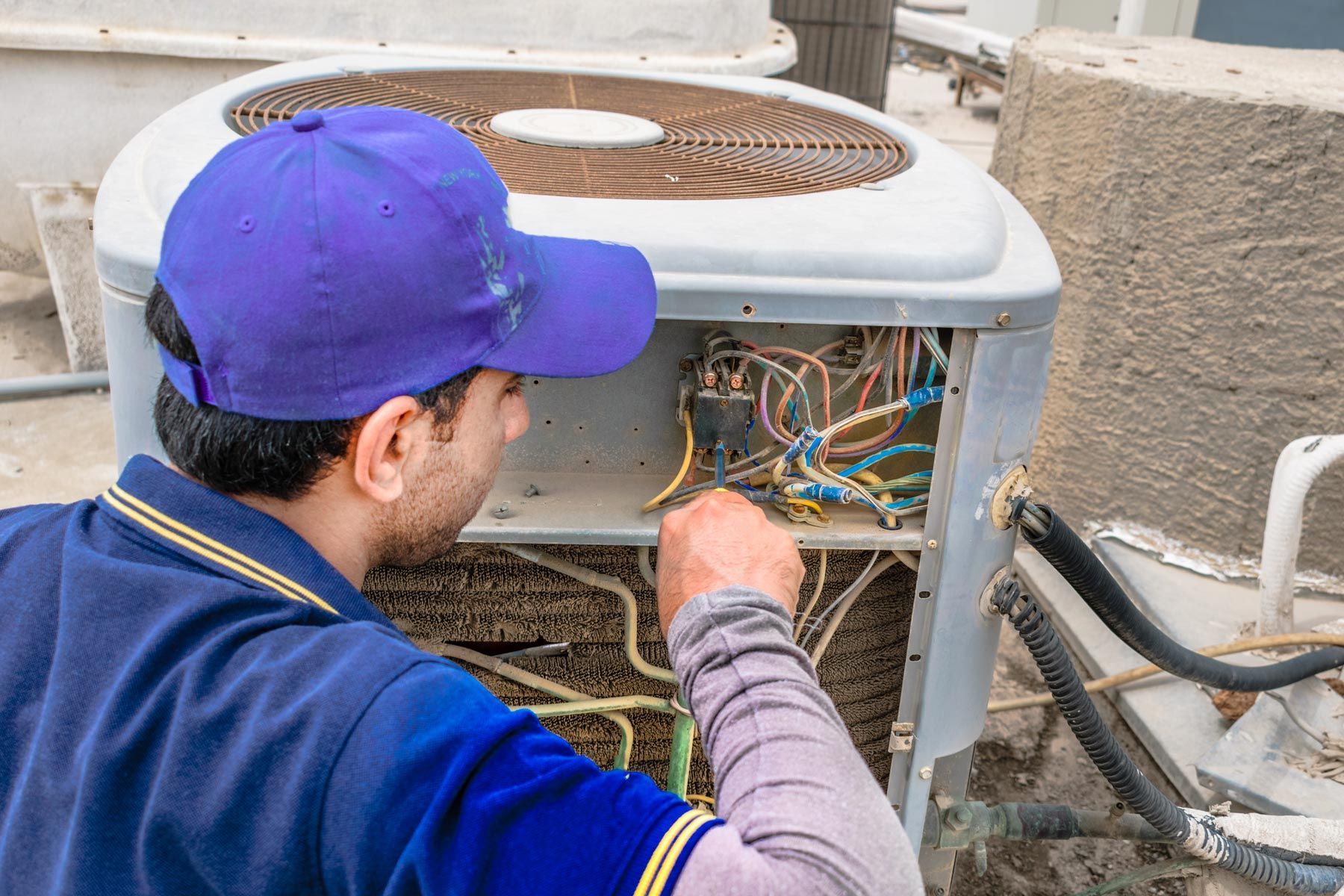
Efficient HVAC systems aren't just better for your wallet—they’re better for the planet. This is especially true for New Construction HVAC Solutions, where energy performance is built in from the start.
How Tune-Ups Reduce Environmental Impact:
- Lower energy usage = fewer emissions
- Proper refrigerant levels = reduced greenhouse gas leaks
- Longer lifespan = less waste in landfills
Sustainable HVAC Practices:
- Sealing duct leaks to prevent energy loss
- Cleaning coils to reduce power draw
- Encouraging programmable thermostats and smart controls
Green HVAC Tune-Up Checklist:
- Check and replace eco-friendly filters
- Ensure refrigerants are EPA-compliant
- Optimize airflow for energy savings
Final Thought: Is HVAC maintenance good for the environment? Absolutely—because an efficient system uses less energy and lasts longer.
DIY HVAC Maintenance Tips for Homeowners
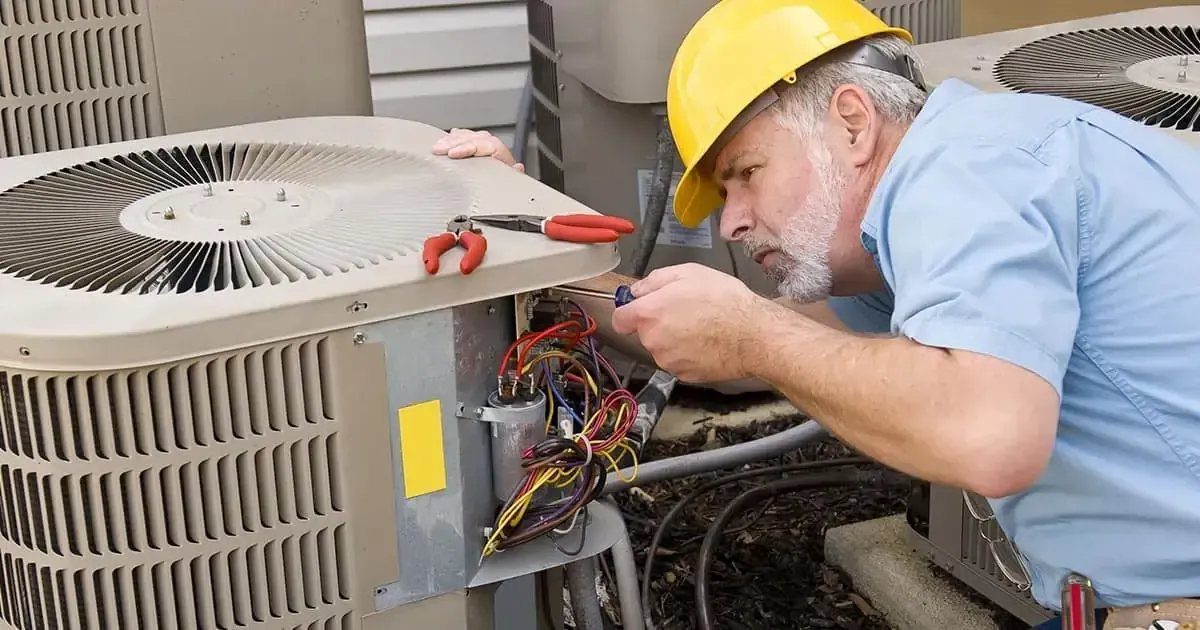
While professional service is essential, there are steps homeowners can take to reduce costs and maintain their systems between visits.
Simple DIY Tips:
- Change your filters regularly: Every 30–90 days
- Keep vents and registers clear: Avoid blocking airflow
- Clean outdoor AC units: Remove leaves, grass, and debris
- Check your thermostat: Program for energy-saving settings
- Inspect visible ducts: Look for leaks or loose connections
Seasonal HVAC Checklist for Homeowners:
- Spring: Check AC, clean condenser coils, test cooling
- Fall: Check furnace, inspect heat exchanger, test heating
What You Shouldn’t DIY:
- Refrigerant handling
- Electrical work
- Deep internal cleanings or diagnostics
DIY Bonus Tip: Keep a simple maintenance log—record filter changes, service calls, and issues noticed.
How to Find a Reliable HVAC Contractor

Choosing the right HVAC company is crucial for dependable service and long-term savings.
What to Look For:
- Licensed and insured
- Technicians certified (e.g., NATE or EPA)
- Transparent pricing and service plans
- Positive local reviews and referrals
Questions to Ask Before Hiring:
- What’s included in the tune-up?
- Do you offer maintenance agreements?
- What’s your emergency availability?
- Do you provide warranties or guarantees?
Why Legacy Heating & Air Stands Out:
- Locally trusted and professionally certified
- Full-service HVAC tune-ups with satisfaction guarantees
- Affordable maintenance plans tailored to homeowners and businesses, including comprehensive
Commercial HVAC Services for offices, retail spaces, and industrial properties
- Friendly, experienced technicians who explain everything in plain language
Service Plan Benefits:
- Priority scheduling
- Discounts on repairs
- Proactive inspections and reminders
Make a Smart Choice: A reliable HVAC contractor makes all the difference in long-term comfort, safety, and savings.
Frequently Asked Questions About HVAC Maintenance
